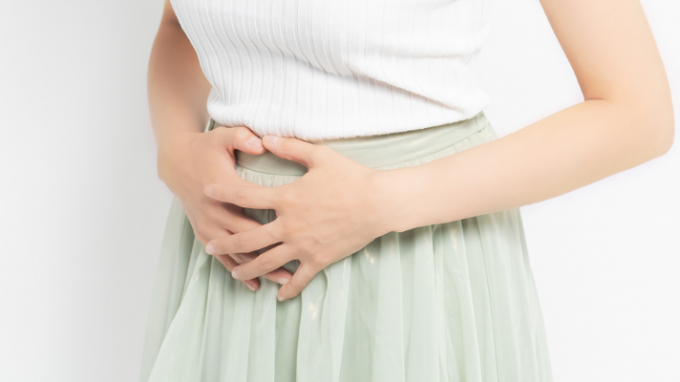Women may be infertile if they suffer from a unicornuate uterus, although the condition is rare. Find out more about this condition and how it can affect fertility.
Women with a unicornuate uterus may find themselves in an unusual and challenging position regarding fertility. Women with this condition have one normal-sized uterine horn and one that is much smaller or even absent, creating a “unicorn shape” on the pelvic exam. If you’ve been told you have a unicornuate uterus, what does this mean for your chances of getting pregnant? The answer is complicated as there are many factors to consider, such as age at diagnosis and history of previous pregnancies. This article gives you all the information you need about how this condition affects fertility in women and your options if you want to start a family.
Causes of Unicornuate Uterus
The cause of unicornuate uterus is unknown but may be due to Müllerian anomalies or other conditions such as skeletal dysplasia, a tumor or embryonal carcinoma. In 50 percent of cases, there is a history of pelvic inflammatory disease (PID). In adults with a unicornuate uterus, the most common diagnosis seen is Müllerian agenesis.
A unicornuate uterus can be congenital, meaning present from birth, or it may form due to infection, trauma or surgery. It is often diagnosed in teenagers as it rarely presents before puberty. In many cases, the cause is unknown. When it does have a known cause, it is usually either an anomaly in the development of your urogenital diaphragm or due to molar pregnancy.
A unicornuate uterus can be diagnosed during a pelvic exam, ultrasound or MRI. The diagnosis may not always be clear at birth as many pediatricians are unfamiliar with this condition and other abnormalities are often present.
Symptoms of Unicornuate Uterus

How Does This Condition Affect Fertility?
The more challenging the anatomy of the reproductive system is for your doctor to see and work with during a surgical procedure, the more likely it is that you might have problems getting pregnant. In general, about 50 percent of women with a unicornuate uterus can conceive naturally and carry a pregnancy to term without assisted fertility techniques such as in-vitro fertilization (IVF).
Can Unicornuate Uterus Increase Miscarriage Risk?
Women with a unicornuate uterus appear to have an increased risk of recurrent miscarriages, especially if the right side of the uterus is affected. This may be because the uterine cavity on this side is shallow and cannot accommodate a pregnancy well. However, the condition does not increase your overall risk for miscarriage compared to the general population.
If you are over the age of 30, you are more likely to have problems with fertility due to the thinning of the uterine lining. If you haven’t been able to conceive after two years of trying, your doctor will do a workup before diagnosing you with infertility. For women under 30 who have never been pregnant or had an abortion, it takes only six months of trying to conceive to be considered infertile. If you have never been pregnant or had an abortion but still think it might be difficult for you to get pregnant due to a unicornuate uterus, talk to your doctor about infertility testing and treatment options such as IVF before starting fertility drugs on your own.
Surgical Treatment Options for Women With Unicornuate Uterus
There are several different surgical options for women with a unicornuate uterus. These include the following:
- Partial removal of the normal uterus (partial hysterectomy) and possible oophorectomy (removal of one or both ovaries). If completed, this will result in menopause due to a lack of ovarian function.
- Partial removal of the abnormal uterus (partial myomectomy) and possible salpingo-oophorectomy (removal of one or both fallopian tubes and ovaries). If completed, this will result in menopause due to a lack of ovarian function.
- Partial removal of the normal uterus (partial hysterectomy) and possible removal of the abnormal uterus (partial myomectomy) and a single ovary. If completed, this will result in menopause due to a lack of ovarian function.
- Removal of both uterine horns, fallopian tubes and ovaries (bilateral salpingo-oophorectomy). In this case, there is no chance of getting pregnant due to a lack of ovarian function.
Conclusion
The treatment of women with a unicornuate uterus requires careful assessment of the woman’s reproductive goals and desires. This is a highly personal decision that should be made in consultation with her obstetrician/gynecologist, urologist or another specialist who can help make individualized recommendations based on the woman’s unique needs and circumstances.




